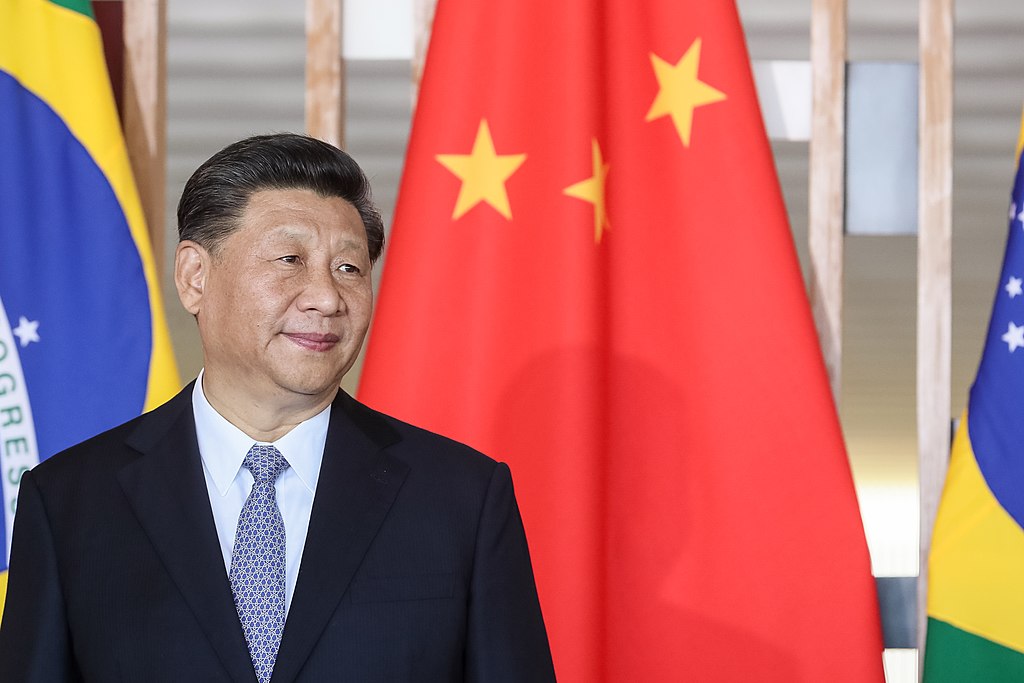The new provisions will be in force from February 1, 2020. They reinforce the already restrictive regulation of 2017 and order all religions to “spread the principles of the CCP.”

by Massimo Introvigne
On February 1, 2018 the New Regulation on Regulation Affairs enacted in 2017 came into force. It was the legal embodiment of President Xi Jinping’s new policy on religion, the most restrictive since the Cultural Revolution. A new law was not needed to crack down on the Black Market of groups banned and persecuted as xie jiao, such as The Church of Almighty God (the single most persecuted movement in China) or Falun Gong. Draconian measures organizing their suppression were already in place. Most scholars agreed that the aim of the 2017 Regulation was to gradually eliminate the Gray Market of the religious organizations not explicitly banned as xie jiao but resisting incorporation into the Red Market of the authorized and government-controlled Five Authorized Religions. The largest segment of the Gray Market consists of Protestant House Churches. The Regulation that came into force in 2018 aimed at compelling them to join the pro-government Three-Self Church, thus entering the Red Market, threatening if they refused to destroy their places of worship and arrest their pastors.
On December 30, 2019, the decision sentencing Pastor Wang Yi of Chengdu’s Early Rain Covenant Church, one of the most well-known figures in the House Church movements, to nine years in jail was announced. Perhaps not coincidentally, the same day, December 30, the CCP announced that new “Administrative Measures for Religious Groups” have been approved and will come into force on February 1, 2020. Two years after the 2017 Regulation on Religious Affairs, the religious policy of Xi Jinping will have a new legal tool at its disposal.
The Measures consist of sixth chapters and 41 articles, and were hailed by the CCP propaganda as a new comprehensive edict on all matters concerning the “organization, functions, supervision and management of religious groups.” Critical voice such as AsiaNews regard it as a final blow to religious liberty.
The provisions of the 2017 Regulation are reinforced through a mechanism that compels religious communities to submit all relevant decisions for their operations, including minor ones, to the approval of CCP bureaucrats. The local religious affair departments should serve as the “administrative bodies” for all religious organizations and systematically control them through “guidance and supervision.”
In particular, according to Article 25, “the religious affairs department of the people’s government shall perform the duties of a competent business unit and guide and manage the following affairs of religious groups in accordance with the relevant laws, regulations and rules of the state:
(1) It shall be responsible for the establishment, change, cancellation of registration of religious organizations, and business review before the approval of the articles of association; review of the annual work report of religious organizations; together with relevant authorities, it shall guide the registration and liquidation of religious organizations;
(2) It shall supervise and guide religious groups to carry out activities and perform functions in accordance with the laws and regulations, and to deal with violations of laws, regulations, rules, policies and the articles of association of religious groups according to the law;
(3) Examining, supervising, and managing matters that religious groups will submit to the religious affairs department of the people’s government for approval in accordance with the law;
(4) It shall supervise and guide religious groups to establish and improve rules and regulations in accordance with the Constitution, laws, regulations, rules, policies, and actual work needs, and strengthen ideological, organizational, style, and institution-building;
5) Other matters that require guidance and management as provided by laws and regulations.”
Article 26 and 27 list the matters that should be reported to, and approved by, the authorities before being carried out by religious organizations. The long list includes appointment of officers in the religious community, organizing conferences, solving “contradictions and disputes in the group,” and so on. Article 34 adds all matters involving money and finances. In practice, every significant move by the religious community should be preliminarily submitted to the CCP, authorities and carried out only if approved.
The law stipulates that, “Without the approval of the religious affairs department of the people’s government, or registration with the civil affairs department of the people’s government, no activities can be carried out in the name of religious groups.” If enforced, this provision rings a death bell for the Gray Market activities of house churches, dissident Catholic communities, and other unregistered religious bodies.
Article 17 is particularly interesting, as it clarifies that religious organizations exist to promote the CCP and its ideology, rather than religion. It states that, “Religious organizations shall spread the principles and policies of the Chinese Communist Party as well as national laws, regulations, and rules, to religious staff and religious citizens, and educate and guide religious staff and religious citizens to support the leadership of the Chinese Communist Party, support the socialist system, and adhere to the path of socialism with Chinese characteristics, abide by laws, regulations, rules and policies, correctly handle the relationship between national laws and canons, and strengthen national awareness, awareness of the rule of law, and citizenship.”
Article 32 adds that, “Religious groups shall establish a learning system and organize their staff to learn from the major decision-making arrangements of the Chinese Communist Party, national policies and regulations, excellent Chinese traditional culture and religious knowledge.” Note the reference to the “excellent Chinese traditional culture,” i.e. the Chinese culture as interpreted by Xi Jinping and the CCP.
In case of doubt, Article 39 clarifies that, “The interpretation of these measures is the responsibility of the State Bureau of Religious Affairs.”
As happened for the regulation of 2019, much will depend on how the new provisions will be enforced, starting on February 1, 2020. But clearly the crackdown on religion continues, and the legal framework is going from bad to worse.
Source: Bitter Winter












